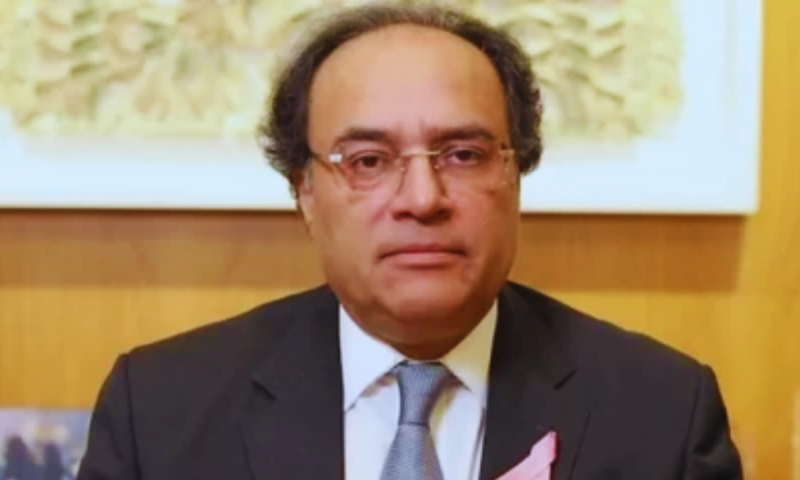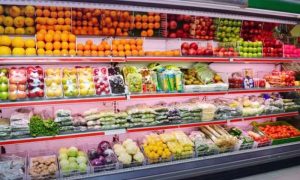ISLAMABAD: The government of Pakistan on Thursday approved a Rs60 billion relief package to provide five essential goods to poorer households at subsidised rates, a 71% rise from the previous allocation due to a significant increase in prices over the past year.
The decision was taken by the Economic Coordination Committee (ECC) of the Cabinet, led by the country’s Finance Minister Muhammad Aurangzeb. In addition to the relief package, the ECC approved industry status for the warehousing and logistics sector. The decision followed the transfer of the Secretary of Industries, as the former secretary had opposed the suggestion due to constitutional and legal challenges.
According to the Express Tribune, the Cabinet Committee also approved the continuation of the Prime Minister’s Relief Package for financial year 2024-25 through the Utility Stores Corporation, with revised prices as well as subsidies. According to a statement issued by the Ministry of Finance following the ECC meeting, the government has already allocated funds in the budget, so no new money will be needed to finance the package. Of the Rs60 billion, Rs10 billion will be allocated to fund the Ramazan Relief Package.
Moreover, Rs1 billion from the Rs60 billion will go to the Federal Board of Revenue (FBR) to cover the tax on the subsidy. In the last financial year, the government had also allocated Rs35 billion to subsidise five essential goods through the government-owned chain of utility stores. The rise to Rs60 billion is due to the significant increase in the prices of wheat flour, sugar, rice, ghee, and pulses.
Last year, the government had provided an average targeted subsidy of Rs2,734 per household through the utility stores. This fund has now increased by one-fourth, raising the per-household subsidy to Rs3,650, as per the ECC’s decision.
Each household identified through the Benazir Income Support Programme (BISP) will receive a subsidy of Rs1,700 per 20kg bag of wheat flour. Moreover, a subsidy of Rs50 per kg will be provided for sugar, Rs50 per kg for pulses, Rs100 per kg for ghee, and Rs100 per kg for low-quality rice through the utility stores.
Average inflation during the previous fiscal year remained over 23%, marking another year of high double-digit inflation. While the government has been taking steps to address the needs of a small portion of the population through subsidised essential items, the remaining population continues to face market-driven prices.
The Ministry of Finance further said that the ECC approved the Ministry of Industries & Production’s request to declare the Warehousing and Logistics Sector as an industry. Businesses gaining industry status are exempted from minimum equity requirements and can borrow from the country’s central bank in excess of their capital. The warehousing and logistics sector will now be eligible for tariff concessions on machinery imports, paying only 5% customs duty as well as zero sales tax. The industry will also receive new concessions on industrial and gas charges.
The Board of Investment also conditionally supported the move to grant industry status to the warehousing business, with the caveat that the consent of the Council of Common Interest (CCI) be sought in light of the 18th constitutional amendment.
Earlier, in April, the prime minister of Pakistan, during his visit to the Karachi Chamber, had declared the intent to grant industry status to the warehousing sector. However, federal bureaucracy was reluctant to move forward, arguing that under the constitution of Pakistan, industry is a provincial matter.


























